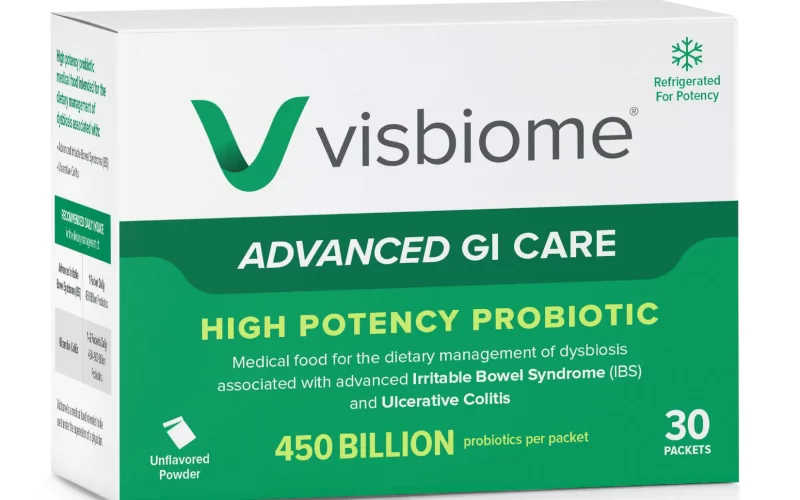Understanding the effectiveness and timing of probiotics can help individuals manage their digestive health more effectively. This comprehensive guide explores the key question: “Probiotics: how long to work?” By delving into the mechanisms of probiotics, we provide a detailed look at what to expect when incorporating these beneficial bacteria into your diet.
Introduction to Probiotics
Probiotics are live microorganisms that, when administered in adequate amounts, confer a health benefit on the host. They are commonly found in fermented foods like yogurt, sauerkraut, kefir, and supplements. Probiotics are primarily used to promote a healthy balance of gut bacteria and have been found to be effective in treating and preventing a range of gastrointestinal issues and beyond.
Probiotics: How Long to Work?
The most pressing question for many considering or currently using probiotics is: “Probiotics how long to work?” The answer varies depending on several factors, including the specific strain of probiotic, the dosage, the delivery method, and the individual’s existing gut flora and health condition.
Immediate Effects
Some individuals may notice improvements in digestion and minor relief from symptoms like gas and bloating within a few days of starting probiotics. These immediate effects are usually the first signs that the probiotics are beginning to interact with your gastrointestinal system.
Long-Term Benefits
For more significant results, particularly for conditions like Irritable Bowel Syndrome (IBS), Inflammatory Bowel Disease (IBD), and other chronic digestive issues, probiotics may take longer — typically several weeks to months. Consistency is key, as the benefits are cumulative and increase over time as the probiotics colonize and stabilize the gut environment.
Factors Influencing the Effectiveness of Probiotics
Understanding the factors that influence “how long probiotics take to work” can help set realistic expectations and optimize the benefits of probiotic intake.
Health Conditions
The condition being treated plays a crucial role in determining how quickly probiotics will take effect. For example, someone taking probiotics to combat antibiotic-associated diarrhea may experience relief relatively quickly, often within a few days. Conversely, complex conditions like ulcerative colitis or chronic constipation might require longer periods to notice significant improvements.
Probiotic Strain and Quality
Not all probiotics are created equal. Different strains have different properties and health benefits. For instance, Lactobacillus rhamnosus GG is highly effective for diarrhea, while Bifidobacterium bifidum has been shown to improve symptoms of IBS. The quality of the probiotic supplement also affects how long it takes to work, underscoring the importance of choosing high-quality, clinically validated products.
Dosage and Consistency
The amount of probiotics taken and the consistency of intake significantly impact their effectiveness. Higher doses may provide quicker results but always follow the recommended dosages on product labels or as advised by a healthcare provider.
Probiotics: How Long to Work for Specific Conditions
Managing Digestive Health
For individuals aiming to maintain general digestive wellness, the introduction of probiotics into the diet can start showing beneficial effects within just a few weeks. This includes improvements in gut flora balance, enhanced digestion, and potentially fewer episodes of mild gastrointestinal discomforts such as gas and bloating. However, for those dealing with specific and more severe digestive disorders such as Crohn’s disease, ulcerative colitis, or severe cases of irritable bowel syndrome (IBS), the benefits of probiotics may take longer to manifest. The complexity and variability of these conditions mean that probiotics might need a longer period, sometimes several months, to colonize the gut effectively and exert their therapeutic effects. Consistent, daily intake is crucial during this period to allow the probiotics to establish themselves and interact beneficially with the body’s own systems.
Immune System Support
Probiotics play a significant role in supporting the immune system, primarily through their interactions with the gut-associated lymphoid tissue (GALT), a critical component of the immune system located within the intestinal mucosa. These interactions help in modulating and enhancing the body’s immune response. Individuals might start to notice improvements in their immune system function after a few weeks of regular probiotic consumption. This can manifest as better resistance to common infections like colds and flu or faster recovery times. The specific timeline can vary based on the individual’s overall health, the strains of probiotics used, and the consistency of consumption. Regular and prolonged intake is recommended to achieve and maintain these immune-boosting effects.
Mental Health Benefits
The connection between the gut and mental health, often termed the “gut-brain axis,” is a rapidly growing area of research that highlights the potential of probiotics in mental health management. The theory suggests that by improving gut health, probiotics can influence brain function and consequently mood and cognitive abilities. Benefits such as improved mood, reduced symptoms of depression, and enhanced cognitive function are typically observed after prolonged use of probiotics, often taking several months. This delay is due to the time required for the probiotics to affect the complex neurochemical balances in the brain. For those considering probiotics for mental health benefits, patience and persistence with supplementation, coupled with regular monitoring of symptoms and overall mental wellness, are advised.
Conclusion: Probiotics How Long to Work?
In conclusion, while the time it takes for probiotics to work can vary widely based on various factors, consistent and tailored use can yield substantial health benefits. Whether seeking to improve digestive health, enhance immune function, or support mental well-being, probiotics offer a promising, natural approach. For optimal results, select the appropriate strains for your specific health needs and ensure high-quality sources of probiotics. Remember, consulting with a healthcare professional before starting any new supplement regimen is always recommended to ensure safety and effectiveness.


